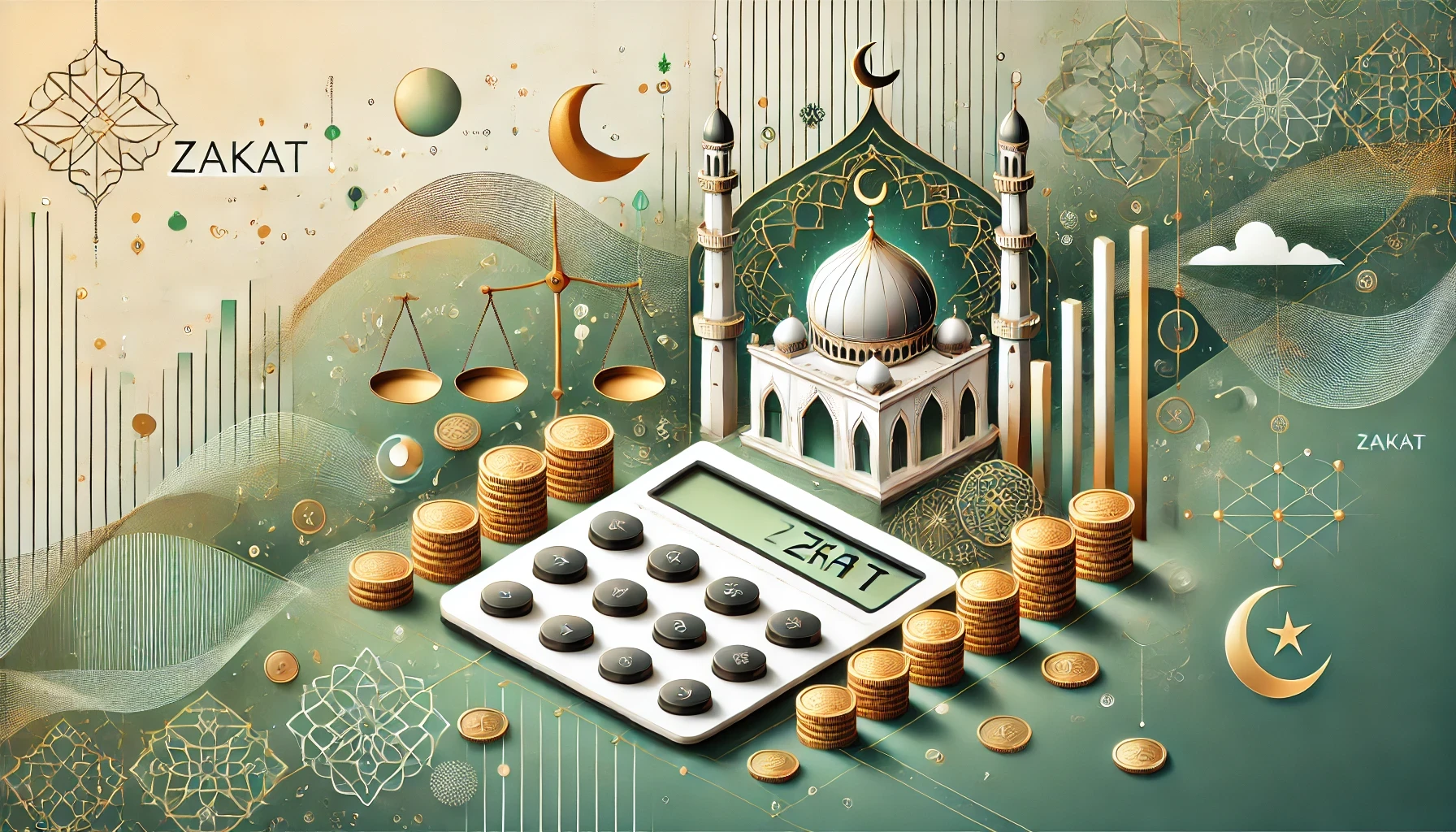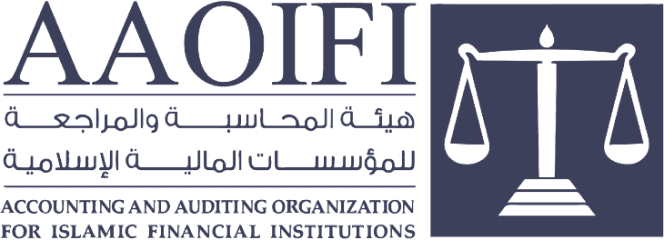Tags:
education, zakat

What is Zakat and how to calculate it?
Zakat or almsgiving is one of the five pillars of Islam and is a requirement on Muslims (both male and female) of sound mind who possess at least the value of wealth deemed to classify them as not in need.
Why is Zakat Important?
Zakat is important in Islam as it is a means to provide financial support to those who are experiencing dire circumstances. There are 8 types of people who are eligible to receive Zakat:
1. Those who are poor
2. Those who are in extreme difficulty
3. Those who administer Zakat
4. Those whose hearts are to be reconciled
5. Those who are in captivity or slavery
6. Those who are ridden with debt
7. Those who are working for the cause of God
8. Those who are stranded or travelling with few resources
Zakat is also a motivator of behaviour to ensure that assets remain productive in the economy and do not remain sitting earning no returns (e.g. keeping it under your mattress). This way your money is continuously working which spurs jobs and can lift the destitute into better situations.
Who must pay Zakat?
There are many requirements before Zakat applies to a Muslim, the main two being the nisab and the hawl. The nisab is the minimum value of wealth that one must own to become eligible to pay Zakat. A person whose wealth is less than this amount is not obligated to pay Zakat. So what is this amount and how do we calculate it? The nisab is the value of 3 ounces of gold or its equivalent in cash (currently CAD$5,895.66) or 21 ounces of silver or its equivalent in cash (currently CAD$494.97). Although the two amounts are different, at one time, the values of these weights of gold and silver were similar.
Just having a net worth above the nisab is not enough for Zakat to become obligatory. The other requirement is the hawl where not only must the individual have a net worth above the nisab but for the duration of one hawl, or 12 lunar months (approximately 354 days). If both of these requirements are met, Zakat becomes payable.
How do I calculate Zakat on my investments?
The amount of Zakat that needs to be paid is 2.50% of your net worth which meets both the nisab and hawl requirements. For example, if you have had $10,000 sitting in a cash account earning 0% for a full lunar calendar year then $250 ($10,000 x 2.50%) would need to be donated to an organization or several organizations that can administer this to the 8 types of eligible individuals.
But what if your money is invested in investment vehicles earning a positive return? How does one calculate the Zakat on that? There are a few methods which we will share with you but we need to preface this by saying that our examples will assume that the investor in these financial assets is a long-term investor of these investments as opposed to a speculator or a day trader.
The Mark-To-Market Methodology
The easiest way to calculate Zakat on financial investments is to base the calculation on the market value of the assets or portfolio of investments. So, assuming a lunar year has now passed and Zakat is due, one would mark-to-market the assets and pay 2.50% of that value in Zakat. Let’s shed some light on this. If you bought 1000 shares of Potash at $30/share a year ago, your total cost would be $30,000. And if the current price of Potash is $50/share then the market value is $50,000. The Zakat payable would be $1,250 ($50,000 x 2.50%).
The mark-to-market method is used for investments that are readily liquid and hence this is why they are treated as cash for this calculation. But the companies themselves are not long-term, and I am a long-term investor, is there a methodology that meets this intention? Yes, there is. It is called the current asset percentage method.
Current Asset Percentage Methodology
Every company tends to have two types of assets on their financial balance sheet; current assets (also known as short-term assets) and non-current assets (also known as long-term assets). With this methodology, you will only pay Zakat based only on the percentage of your investment that is comprised of short-term assets and would be subject to Zakat at the full 2.50%.
Capital investments such as equipment or real estate are not subject to Zakat and long-term or non-current assets of a company fall into the same category. The best way to describe this is if you owned a shawarma shop you wouldn’t have to pay Zakat on the equipment in the store (e.g. grills, ovens, refrigerators etc…) but would have to pay Zakat on the profits from the shawarma shop (i.e. shawarmas made from this equipment).
The short-term assets of the company such as cash in the company’s bank accounts or inventory will be treated like cash and this is the amount that will be Zakatable. You can figure these two numbers out simply by examining the company’s balance sheet.
With the above example of Potash, let’s assume that 65% of Potash’s assets are classified as long-term (non-current) while 35% are short-term (current). Recall that the market value of the shares is $50,000. Zakat would only be calculated on 35% of the $50,000 which is comprised of the short-term assets of the company. The Zakat payable would therefore be $437.50 ($50,000 x 35% x 2.50%)
Although this methodology takes a little more time to calculate we feel that this method is more accurate and appropriate.
It should be noted that this methodology can only be used when you are directly holding these investments individually. If you are investing in a pooled fund (i.e Mutual Fund) where the investor owns units of the fund and the underlying holdings (company stocks) are unknown, you would have to resort to the mark-to-market method used above.
Which methodology do I use when calculating my Zakat for the Manzil Mortgage fund?
It should be noted that there is no universal Fatwa on Zakat for the Manzil mortgage fund’s Assets Under Management (AUM) as this will depend on the nature of these assets from a Shariah standpoint which will change from time to time. As a result, you (the investor) may consult with your preferred Shariah advisers or scholars regarding the Zakat calculation of your shares in the Manzil mortgage fund.
Having said that, as a general rule, any cash or monetary items including debt in good condition (i.e. there are no visible/immediate concerns on the repayment of such debt and the debtor/client is not insolvent), are 100% subject to Zakat. In accordance with AAOIFI Shariah Standard on Zakat no.35, clause 5/3/4/9, if the Assets Under Management (AUM) of the fund are 100% Murabaha receivables then the entire AUM will be considered Zakatable assets and consequently, investors will have to pay Zakat on the entire value of their shares in the fund.
If however, there are Diminishing Musharaka (DM) assets, the principal funds of the underlying finance facilities will not be subject to Zakat since Manzil intends to hold its DM shares in the relevant properties for the long-term and generate profit for the investors through rental income.
So to wrap this up with an example, if the Manzil Mortgage Fund was 50% invested in Murabaha mortgages and the remaining 50% was invested in Diminishing Musharaka Mortgages and you owned $10,000 worth of units for a full lunar year you would pay $125 in Zakat ($10,000 x 50% x 2.50%).



